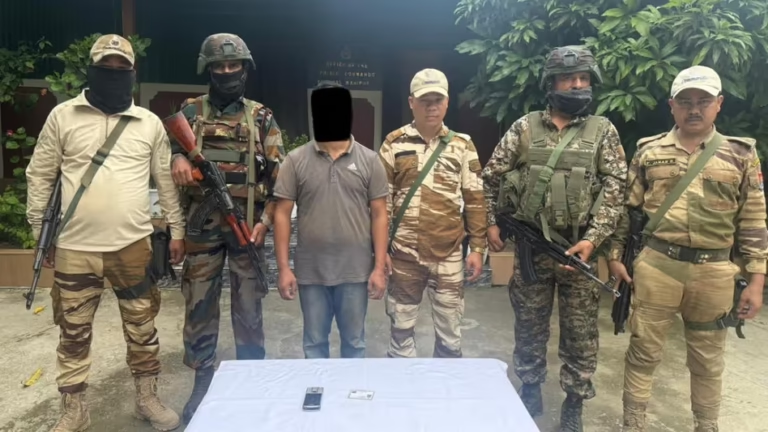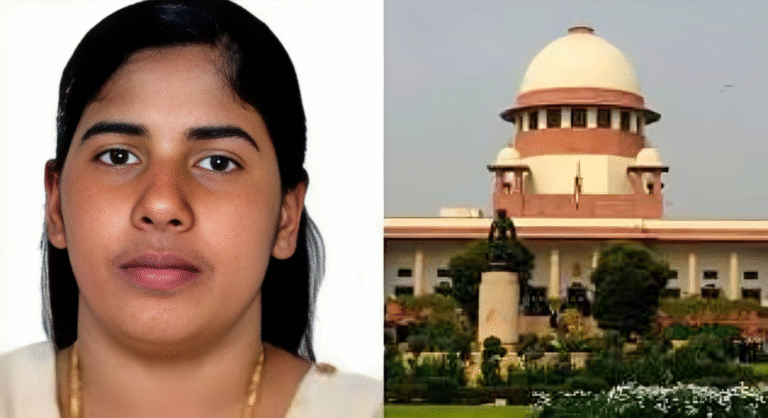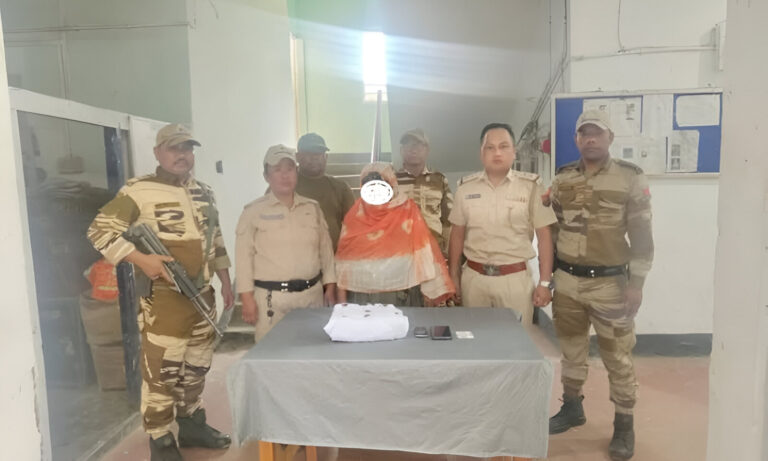Supreme Court Orders Forensic Report on Manipur CM’s Alleged Role in Ethnic Violence
In a significant legal development, the Supreme Court of India has directed the Central Forensic Science Laboratory (CFSL) to conduct a forensic analysis of audio recordings purportedly featuring Manipur Chief Minister N. Biren Singh discussing his involvement in the state’s ethnic violence. The CFSL is to submit its findings in a sealed cover by March 24, 2025.
Background of the Allegations
The controversy centers around audio tapes that allegedly capture Chief Minister N. Biren Singh conversing about his role in facilitating ethnic violence in Manipur. These recordings have been brought to the forefront by the Kuki Organization for Human Rights Trust, represented by advocate Prashant Bhushan. The organization has petitioned the Supreme Court, seeking an independent investigation into the authenticity and content of these tapes.
Legal Proceedings and Arguments
During the hearing, advocate Prashant Bhushan presented findings from “Truth Labs,” an independent forensic laboratory. According to Bhushan, the lab’s analysis indicated a 93% probability that the voice in the recordings belongs to Chief Minister Singh. He further alleged that the tapes reveal Singh discussing the looting of the state’s armory by Meitei groups and providing them protection from arrest, actions that could be interpreted as instigating violence.
On the other hand, Solicitor General Tushar Mehta, representing the Manipur state government, raised objections to the petition. He argued that the matter should first be addressed in the High Court and informed the Supreme Court that an FIR had already been registered concerning the allegations. Mehta emphasized that an investigation was underway to verify the authenticity of the recordings. He also criticized certain civil society organizations, suggesting they were attempting to “keep the pot boiling” and implied that the petitioners might have an “ideological baggage.”
Supreme Court’s Directive
After considering the arguments, the bench, led by Chief Justice of India Sanjiv Khanna and Justice Sanjay Kumar, ordered the CFSL to conduct a forensic examination of the audio tapes. The court specified that the report should be submitted in a sealed cover and scheduled the next hearing for the week beginning March 24, 2025. The court also noted that the preliminary objections raised by Solicitor General Mehta would be addressed in due course, pending the forensic report’s findings.
Implications of the Forensic Examination
The Supreme Court’s directive for a forensic examination underscores the judiciary’s commitment to an impartial and thorough investigation. The CFSL’s analysis will play a crucial role in determining the authenticity of the recordings and could have significant political and legal ramifications for Chief Minister N. Biren Singh and the broader context of ethnic tensions in Manipur.
Broader Context: Ethnic Violence in Manipur
Manipur has been grappling with ethnic tensions, particularly between the Meitei and Kuki communities. These tensions have occasionally escalated into violence, leading to loss of life and property, and deepening mistrust between communities. The allegations against the Chief Minister, if proven true, could indicate a deeper systemic issue within the state’s leadership concerning these ethnic conflicts.
Political Reactions and Public Sentiment
The allegations against Chief Minister Singh have elicited varied reactions. Some political figures and organizations have called for his resignation pending the investigation, emphasizing the need for accountability and transparency. Supporters of Singh, however, have dismissed the allegations as politically motivated attempts to destabilize the government. Public sentiment remains divided, with many citizens awaiting the forensic report’s findings to form a definitive opinion.
The Role of Civil Society and Media
Civil society organizations and the media have been instrumental in bringing the allegations to light and ensuring they receive due attention. Advocacy groups have organized protests and issued statements demanding a fair investigation, while media outlets have provided extensive coverage, analyzing the potential implications of the case. This active engagement underscores the vital role of a free press and vigilant civil society in upholding democratic accountability.
Legal Precedents and Future Implications
The Supreme Court’s decision to involve the CFSL sets a significant legal precedent in handling allegations against high-ranking public officials. It highlights the judiciary’s proactive approach in seeking scientific evidence to ascertain the truth. The outcome of this case could influence how similar cases are handled in the future, potentially leading to more stringent scrutiny of public officials and greater reliance on forensic evidence in judicial proceedings.
Conclusion
As the nation awaits the CFSL’s forensic report, the case serves as a critical juncture in addressing allegations of governmental complicity in ethnic violence. The Supreme Court’s intervention reflects the judiciary’s pivotal role in upholding justice and ensuring that allegations, especially those involving high-ranking officials, are thoroughly investigated. The findings of the forensic examination will not only impact Chief Minister N. Biren Singh’s political future but also hold broader implications for governance and ethnic relations in Manipur.
FAQs
- What are the allegations against Manipur’s Chief Minister?
- Audio recordings have surfaced, allegedly featuring Chief Minister N. Biren Singh discussing his involvement in facilitating ethnic violence in Manipur.
- Who is conducting the forensic analysis of the audio tapes?
- The Central Forensic Science Laboratory (CFSL) has been tasked by the Supreme Court to examine the authenticity of the recordings.
- What could be the potential consequences if the tapes are authenticated?
- If verified, the tapes could lead to legal action against the Chief Minister and have significant political implications, possibly affecting his tenure and the state’s governance.
- How has the state government responded to these allegations?
- The Manipur government has registered an FIR and initiated an investigation to verify the recordings’ authenticity. The Solicitor General has also raised objections to the petition, suggesting it should be addressed in the High Court first.
- When is the next hearing scheduled?
- The Supreme Court has scheduled the next hearing for the week beginning March 24, 2025, after the CFSL submits its forensic report.




